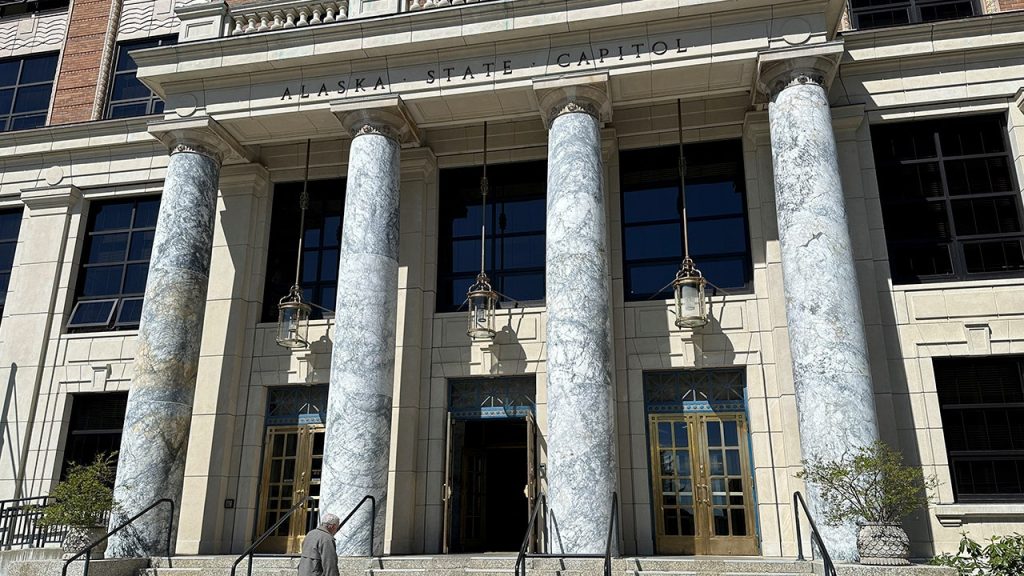Alaska lawmakers recently wrapped up their four-month session, focusing on key issues such as energy, education, and underground carbon storage. Governor Mike Dunleavy and legislative leaders declared success in a session marked by drama, including two failed attempts to override the governor’s vetoes of additional public school funding. Education funding was a major point of contention, with lawmakers passing a compromise package that included a $175 million increase in aid to school districts through a school funding formula. However, the governor vetoed the measure, leading to a failed attempt at a veto override. Lawmakers settled for pieces of the package, including additional funding for K-3 students with reading needs. However, school officials and education advocates had pushed for a larger permanent increase in funding to address ongoing struggles in public schools.
Lawmakers also addressed the issue of correspondence schools, passing a bill to provide stability for students amid ongoing litigation. The focus on these schools came after a judge found that laws related to the allocation of funds for correspondence schools were problematic. Additionally, lawmakers passed a bill related to underground carbon storage, allowing the state to establish a system for storing carbon dioxide. The bill aims to leverage interest from companies with carbon emission reduction goals and explore using pore space in aging gas or oil fields for storage. The revenue impact of these proposals remains unclear, but the bills are seen as potentially generating new revenue for the state while continuing to support fossil fuel production.
In addition to education and energy, the session also addressed issues such as gas production in Cook Inlet and streamlining tax and tariff policies for electrical generation projects. Lawmakers passed a bill that includes a provision for reserve-based lending to encourage more gas production in Cook Inlet, which has become a concern due to declining gas availability in the region. The bill also aims to make new and existing electrical generation projects more affordable, incentivizing independent power producers to invest in renewable energy projects like solar and wind farms along the Railbelt. The annual dividend paid to residents was set at roughly $1,360 this year, along with an energy relief payment of $295, with little pushback from lawmakers, signaling better communication and a focus on a balanced state infrastructure budget.
While the session saw successes in addressing key issues such as education, energy, and carbon storage, challenges remain. Lawmakers will need to continue working to address ongoing struggles in public schools, including the need for increased funding. The impact of the bills related to underground carbon storage and energy production will need to be closely monitored to ensure they are meeting their intended goals. Overall, the session was marked by a shift towards bipartisan cooperation and a focus on addressing critical issues facing the state, signaling a positive turn for Alaska’s legislative process.


